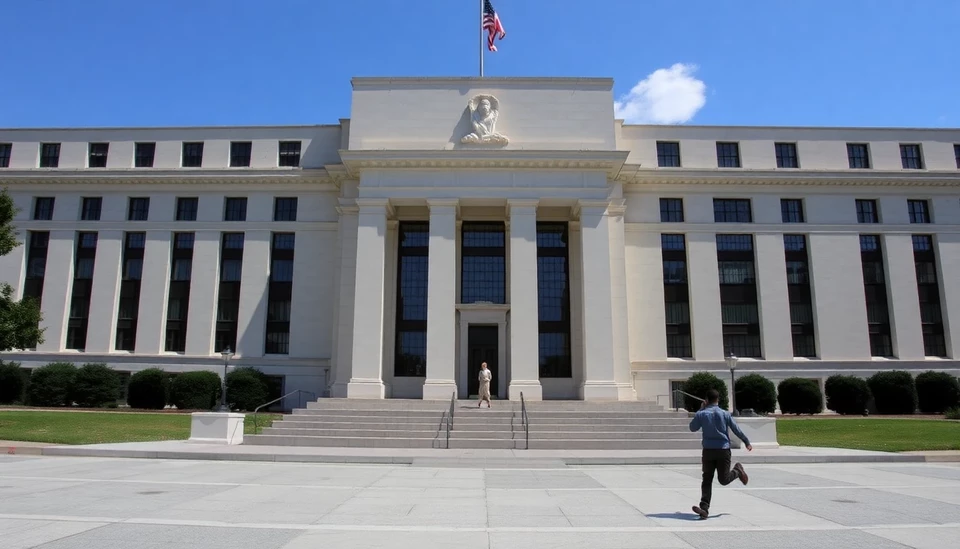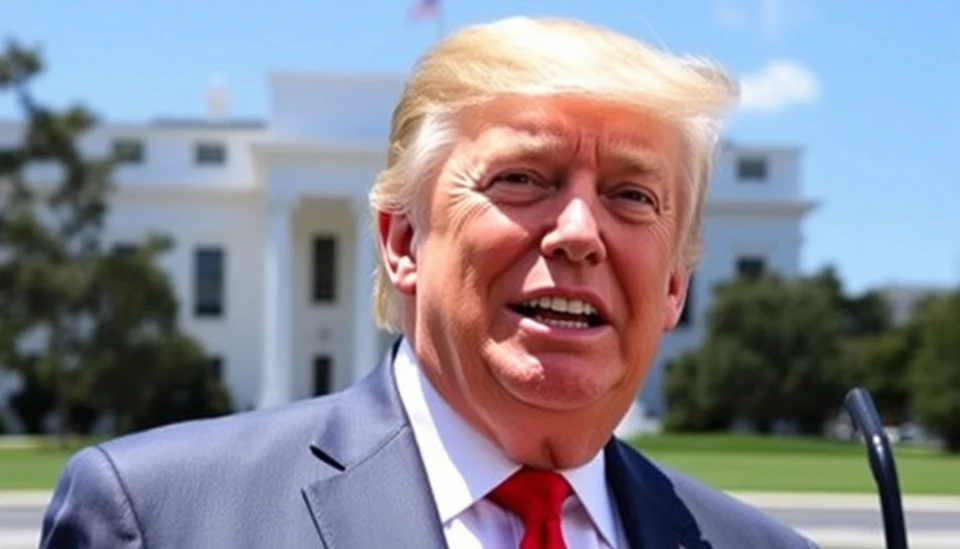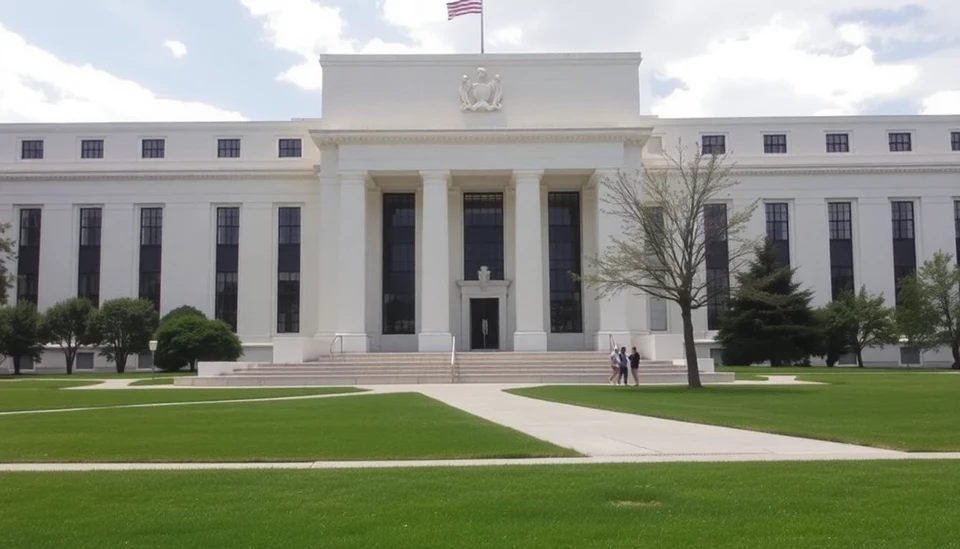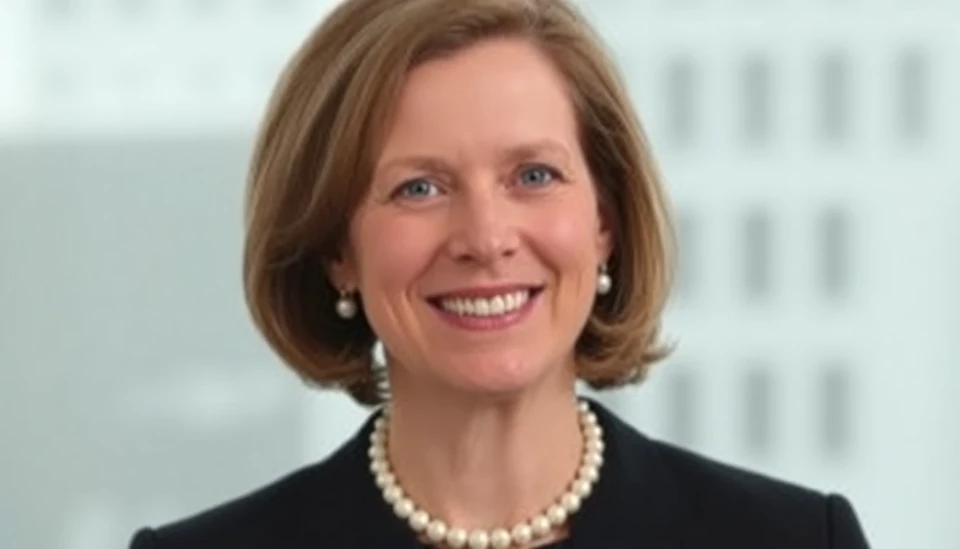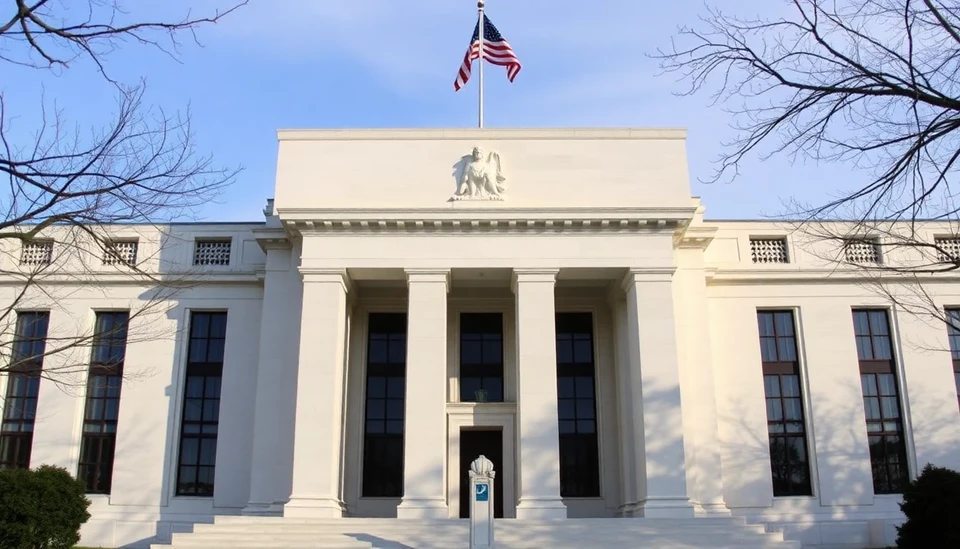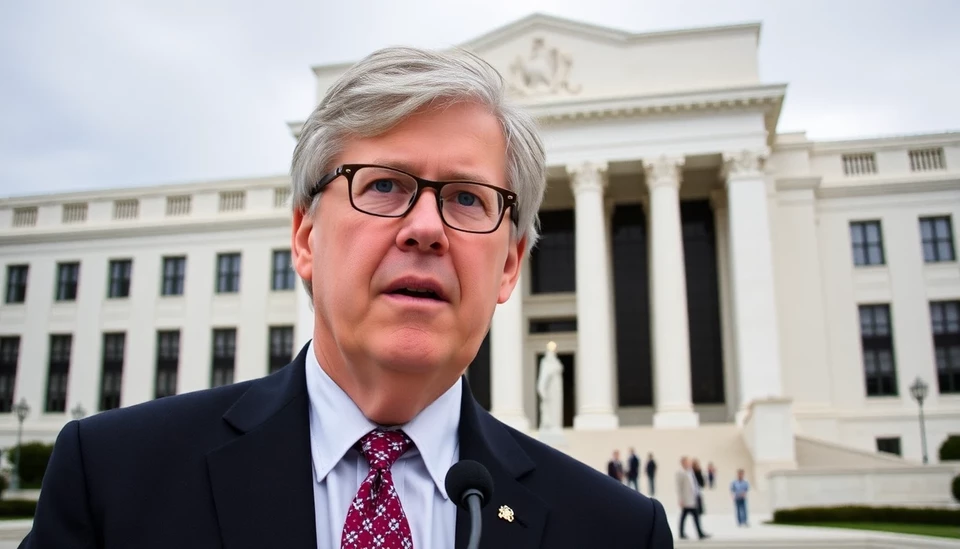
In a significant recent address, Michael Barr, the vice chair for supervision at the Federal Reserve, shared crucial insights and cast a spotlight on ongoing vulnerabilities within the U.S. banking system. As his departure from the influential role approaches, Barr's warnings about the financial landscape resonate amidst a backdrop of heightened scrutiny and regulatory challenges.
Throughout his tenure, Barr has been instrumental in shaping the Federal Reserve's approach to monitoring and managing banks' risks. However, as he prepares to transition from his position, he emphasized the need for persistent vigilance and proactive regulatory measures to protect the financial system. His remarks came during a speech at a banking conference where he stressed that complacency could pose serious threats to stability.
Reflecting on recent events in the banking sector, Barr mentioned the importance of addressing the underlying factors that led to the failures of several banks last year. He pointed out that economic conditions and systemic risks continue to evolve, necessitating adaptive strategies from regulators and financial institutions alike. In particular, he flagged that banks must enhance their risk management frameworks to better navigate uncertainties conducive to weakening financial conditions.
During his address, Barr did not shy away from discussing the repercussions of insufficient capital buffers and the potential for liquidity crises. He reiterated that the robustness of the banking system is paramount, asserting that regulators must remain vigilant in ensuring that banks maintain adequate capital levels and liquidity reserves to withstand market shocks. The dialogue around these points reflects an ongoing concern that many institutions may not be fully prepared for economic downturns.
As Barr’s tenure comes to a close, stakeholders, including policymakers, financial analysts, and market observers, are keenly aware of the implications of his insights. Industry experts are anticipating further regulatory changes in light of his warnings, which may aim to strengthen oversight mechanisms and promote a more resilient banking framework. The departure of such a critical figure from the Federal Reserve raises questions about continuity in leadership and strategic direction amidst evolving financial challenges.
Ultimately, Barr’s foresight serves as a reminder that the landscape of banking regulation is in constant flux. His tenure has underscored the necessity for continuous evolution of regulatory policies to safeguard the financial system against emerging risks. As he steps away from this high-profile role, the financial community watches closely for the Federal Reserve's next moves in the quest for stability and resilience.
In conclusion, Michael Barr's parting warnings resonate as the Federal Reserve braces itself for the future, highlighting a pivotal moment for both regulators and financial institutions as they navigate an increasingly complex economic environment.
#FederalReserve #BankingSystem #MichaelBarr #RegulatoryPolicy #FinancialStability #RiskManagement
Author: Sophie Bennett
